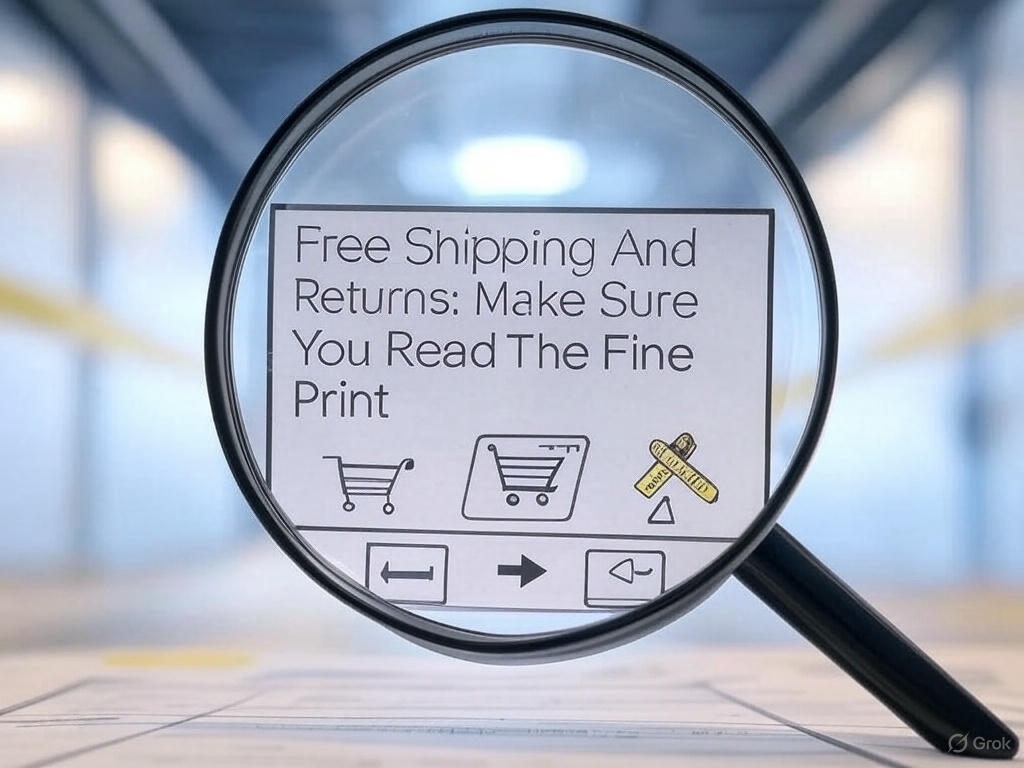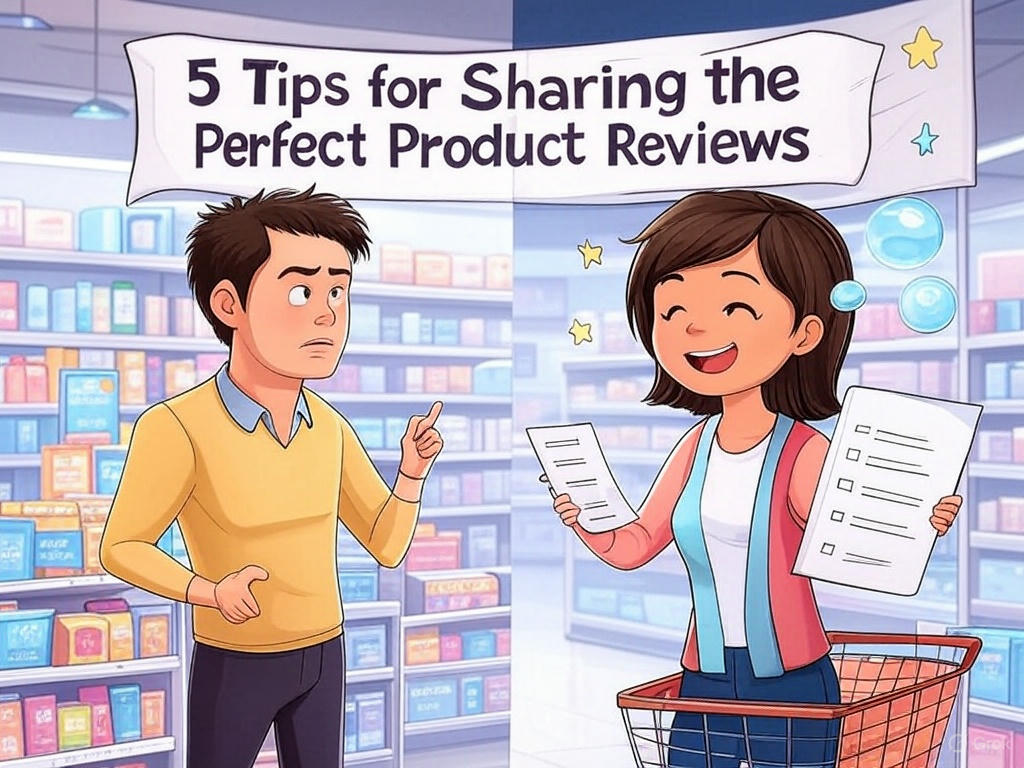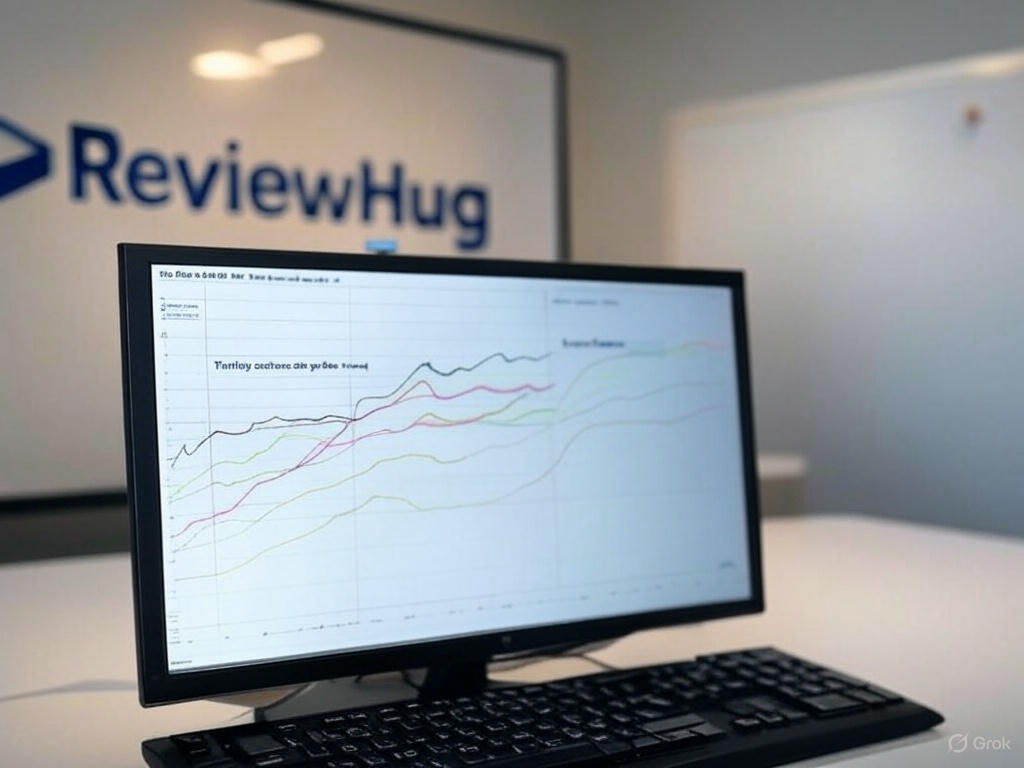
Free Shipping And Returns: Make Sure You Read The Fine Print
Free shipping and returns have become major selling points for online retailers, promising convenience and cost savings. However, these offers often come with hidden caveats that can catch shoppers off guard. At ReviewHug, we believe in empowering consumers to shop smarter by understanding the fine print. Here’s why you should always read the details—and how to avoid surprises.
1. Minimum Spend Thresholds
Many companies advertise "free shipping," but there’s often a catch: you need to meet a minimum purchase amount. For example, a retailer might require a $50 order to qualify, pushing you to add unnecessary items to your cart. While this can feel frustrating, it’s legal as long as the threshold is disclosed. Check the shipping policy before checkout to ensure you’re not overspending just to avoid fees. If the fine print isn’t clear, reach out to customer service for clarification.
2. Limited Free Return Windows
"Free returns" sound great, but the window for returns is often shorter than expected. Some companies offer only 14 or 30 days, and missing the deadline could leave you stuck with unwanted items. Additionally, "free" might not cover restocking fees or original shipping costs for non-defective returns. Always review the return policy for deadlines and fees. At ReviewHug, we encourage sharing photos of policies alongside your reviews to help others spot red flags.
3. Exclusions and Restrictions
Not all items qualify for free shipping or returns. Bulky items, clearance products, or third-party sellers might be excluded. For example, a furniture retailer might charge extra for oversized deliveries, even if smaller items ship free. Similarly, "final sale" items might not be returnable. Check product pages and policies for exclusions to avoid surprises. If unclear, verify with the retailer to ensure compliance with consumer protection laws.
4. Hidden Fees for International Shoppers
International shoppers face extra hurdles with "free" offers. Duties, taxes, or customs fees might apply, even if shipping is free. Returns could also require you to cover international shipping costs, which can be pricey. Review the fine print for international policies, and factor in total costs before ordering. Transparency is key, and retailers must disclose these fees to avoid misleading consumers.
5. Membership or Subscription Requirements
Some "free" shipping and returns are tied to paid memberships, like Amazon Prime or Walmart+. While these programs offer value, the upfront cost might not be worth it for infrequent shoppers. Ensure you understand membership terms, including cancellation policies, before signing up. If the fine print isn’t clear, it could violate FTC guidelines on deceptive advertising.
Free shipping and returns can save money, but only if you know the rules. At ReviewHug, we encourage reviewing policies, sharing experiences, and uploading photos of fine print to help others shop wisely. Read the details, stay informed, and enjoy hassle-free shopping.
Disclaimer: All information is based on general trends and publicly available data. Always verify retailer policies before purchasing. This content does not constitute legal advice.









